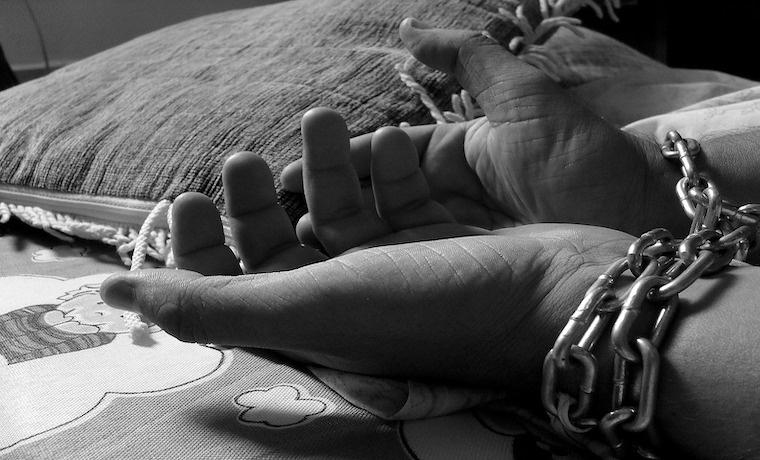Australia’s first federal Modern Slavery Act became law as of January 1, 2019. So, what does it mean for procurement managers and what should you be doing now?
Modern slavery is very real. According to the Australian Human Rights Law Centre, there are around 25 million slaves worldwide, including 4,300 modern slaves here in Australia.
One of the biggest areas to combat modern slavery is in the supply chain. That’s why the Australian Government has just introduced new modern slavery legislation, which requires companies with $100+ million annual revenue to report any modern slavery risks in their supply chains and what they are doing to prevent it.
At the same time, New South Wales has introduced its own NSW Modern Slavery Act (2018).
Here’s what you need to know:
What is modern slavery?
Modern slavery is term used to describe a range of extreme labour rights abuses, including human trafficking, slavery, servitude, and forced labour.
Slavery is illegal almost everywhere in the world, yet it still occurs in factories, mines, fields, and fisheries in both developing and developed countries.
Two thirds of victims of modern slavery live in the Asia-Pacific region, which is where a high number of Australian companies procure goods.
So, the scary fact is that many Australian organisations may be unknowingly complicit in modern slavery and human and labour rights abuses.
We’re not just talking about goods – it covers services too. For example, cleaning and security are high risk areas too with property developer Mirvac reporting that it is taking a “deep dive” into its cleaning services supply chain.
What does the Act mean for businesses?
First, it’s important to know that the Commonwealth Modern Slavery Act is aimed at businesses and other organisations with a consolidated revenue of A$100 million. That covers some 3,000 Australian businesses.
These organisations are required to provide annual Modern Slavery Statements, which cover:
- The potential risks of modern slavery in their operations and supply chains
- The actions taken to assess and address those risks
- How they assess the effectiveness of those actions
The statement must be approved by the board of directors (or equivalent) and signed by a director.
Smaller businesses can provide statements voluntarily.
These Modern Slavery Statements are publicly available on a central register maintained by the Commonwealth government, which will also have to prepare a statement.
It’s worth noting that there is no penalty for failing to lodge a statement or for lodging an incomplete statement. But that doesn’t mean your organisation should ignore the Act. The public register means that those who don’t report properly can be quickly be “named and shamed”.
That’s not a risk any organisation wants to take.
What about the NSW Act?
New South Wales passed its own Modern Slavery Act, which imposes a lower revenue reporting threshold of $50 million. This is estimated to cover over 10,000 entities.
Unlike the Commonwealth Act, it gives penalties of up to A$1.1 million to businesses that do not comply and creates the post of Independent NSW Anti-Slavery Commissioner.
What can procurement managers start doing now?
The first modern slavery statements are due on June 30, 2020. As a procurement manager, it’s critical you take steps now to ensure you understand the issue of modern slavery, the legislation and what your organisation needs to do next.
Only then can you take the right actions to safeguard your supply chain and protect the whole organisation from modern slavery risks.
Learn more about Modern Slavery, the new legislation and what it means for your organisation in our short online course here.






